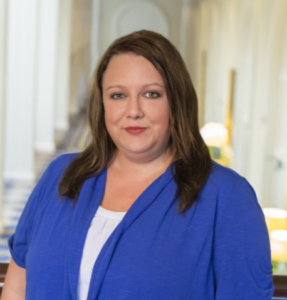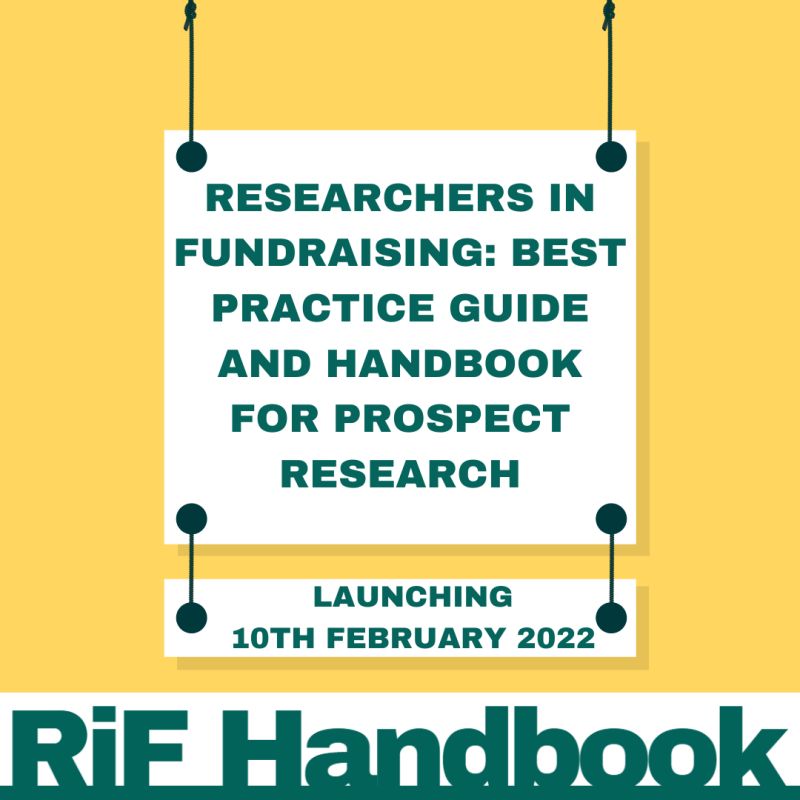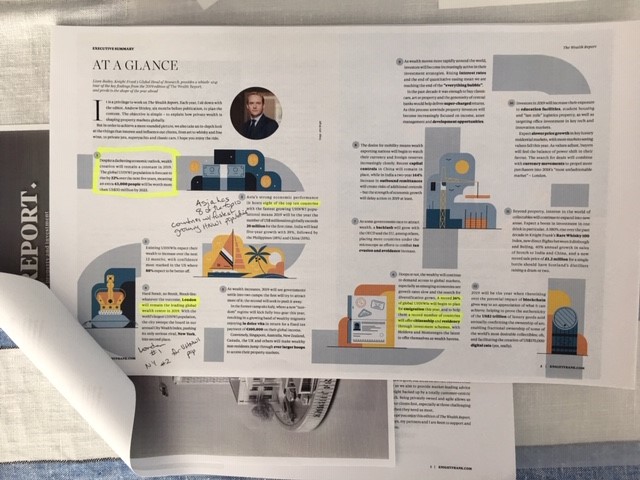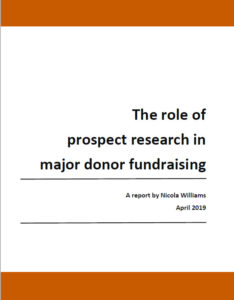Traveling by air in recent years has become a slog that no one enjoys. For frequent travelers, the appeal of an airport lounge makes all of the inconveniences slightly more bearable. They’ve got free food and drinks, a place to plug in your laptop, and all the wifi your devices need. There are showers, nap rooms, and gathering spots if you need to hold an impromptu meeting. What’s not to like?
Maybe the overcrowding and the decrease in exclusivity, for two. Credit cards and add-on ticket fees have allowed greater numbers of folks access to airport lounges, making them less pleasant than the club atmosphere of old. But it’s given more middle-to-upper income folks a taste of how the 1% lives, and that is fueling another trend: the rise in private member clubs (PMCs) open to a wider clientele.
For a certain tier of wealth, PMCs have always provided an oasis of calm with food, drinks, and social opportunities. Instead of hanging out with a host of harried nine-to-fivers, there’s just you and others in your profession, or neighborhood, or school affiliation, or sport/leisure activity, (or gender, or race, or other exclusivities). It’s quiet, and there are armchairs and fires.
Or at least that’s how it used to be. Now, if you’re looking for a club where you can relax in a hyperbaric oxygen chamber and chat while getting a vitamin C IV drip, or where you can collaborate with other artists, or discuss the relationship of physics and stock derivatives with other like-minded souls, there’s a place for you.
Some PMCs feature a learning element, with lectures and guest speakers and seminars around social change. Others provide space for golfing/racing/yachting, supper clubs and charity events. There’s really something for everyone and, although there are still clubs with stratospheric membership and annual fees, some clubs provide limited low-cost or even free membership based on the values (or personality, or artistry) an individual brings to the club.
The recent pandemic had everything to do with the rapid growth in clubs. New York Times writer Anna Kodé visited seven clubs in the course of her research to learn more about the proliferation of PMCs. She wrote: “These clubs have risen by filling two voids left by the pandemic: the loss of “third places,” or locations distinct from work and home that can foster a sense of community, and the abundance of empty office space amid a new work-from-home culture.”
Both membership in clubs – and clubs themselves – are mushrooming. Over 60 percent of clubs in the US saw growth in membership between 2021 and 2022, according to GGA Partners, a consulting firm for private clubs. Real estate research giant KnightFrank writes that “more PMCs have opened in the past four years than in the three decades following the 1985 opening of London’s iconic Groucho Club.”
And it’s not just in the cities. What piqued my interest to research and write this article in the first place was Knight Frank’s research report showing that that the opening of private member clubs well outside of London is impacting real estate prices and days-to-close by multiples in those areas.
For example: the Cotswolds is an area northwest-ish of Oxford in England. It’s a popular second-home spot for Londoners looking for country air and scenery. Knight Frank reports that demand for homes within a 15-minute drive of the exclusive club Soho Farmhouse (tagline: “A home for the world’s creatives to come together and belong”) was more than twice the rest of the area.
Typically, 12% of buyers registering in the Cotswolds are from outside the UK, but that rises to 26% within the all-important 15-minute drive to Soho Farmhouse. Not only that, but houses within a mile of these clubs sell faster (by 2.5 weeks) compared to similar properties five miles further away.” ~Knight Frank, A Guide to Private Members’ Clubs.
Can it be that proximity to a social club also elevates the price of a property? That’s something worth considering in your research as well. According to the Knight Frank report, “the impact on property values can be significant when the clubs come with luxury facilities.” If you’re wondering why prices are popping upwards in a particular area that seemed steady before, take a look and see if a membership club has moved into the neighborhood. (Or, if your donor/prospect lives in an area where a club is about to move in, watch for an uptick in their property value).
For now, let’s take a look at annual membership for the top 5 “most exclusive private clubs in America” in 2019 according to media and consulting company Private Club Marketing (the full list of the top 11 is below in the section for further reading).
- The Union Club, New York. Initiation fee: $50,000. Annual dues: $10,000
- Cosmos Club, Washington, D.C. Initiation fee: $50,000. Annual dues: $10,000
- The California Club, Los Angeles. Initiation fee: $25,000. Annual dues: $5,000
- Union League of Philadelphia. Initiation fee: $20,000. Annual dues: $4,000
- The University Club of Washington, D.C. Initiation fee: $25,000. Annual dues: $5,000
FURTHER READING
11 Most Exclusive Private Clubs in America. Private Club Marketing. (2019)
The Future of Private Clubs: Trends Shaping the Next Decade, June 2024. Private Club Marketing.
A Guide to Private Members’ Clubs. Knight Frank Research. 2024.
A Look Inside New York’s Most Exclusive Social Clubs, by Amy Rosner and Chandler Presson. Gotham. May 21, 2024.
Members-Only Mania: Why Are More Private Clubs Popping Up in New York? by Anna Kodé. New York Times. March 29, 2024.
The Most Exclusive Private Members Clubs in New York by Sasha Huang. PSC. Sep 2, 2023
Top 50 City Clubs 2023-24. Platinum Clubs of America.











